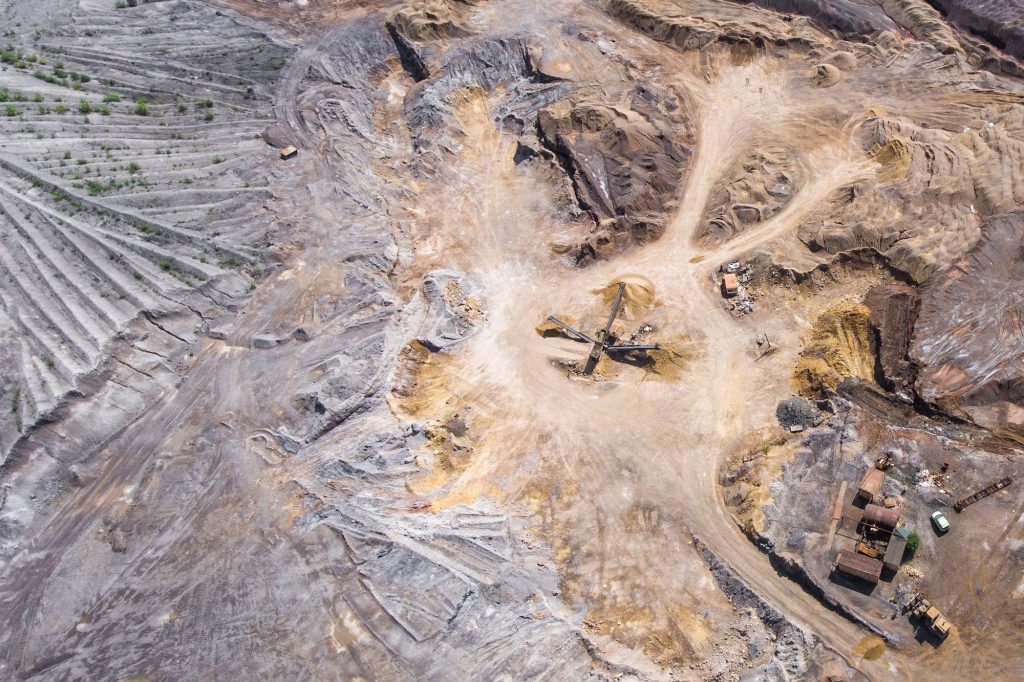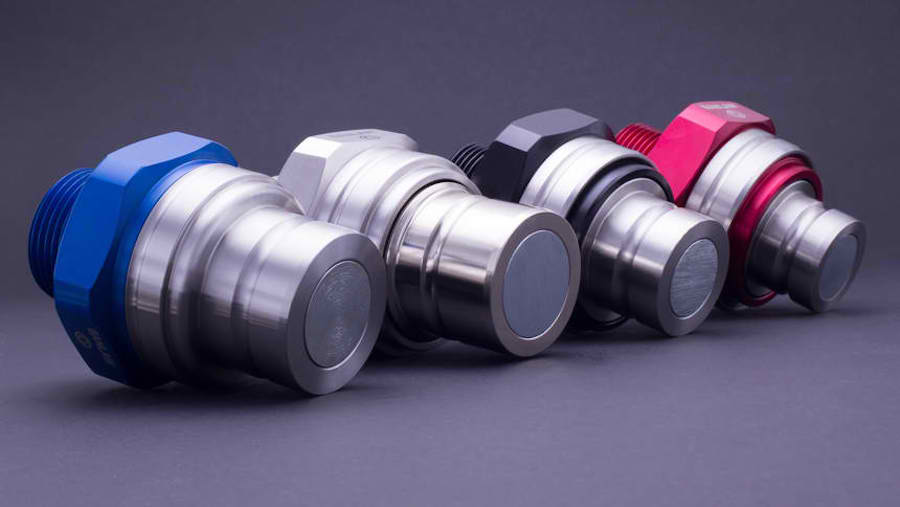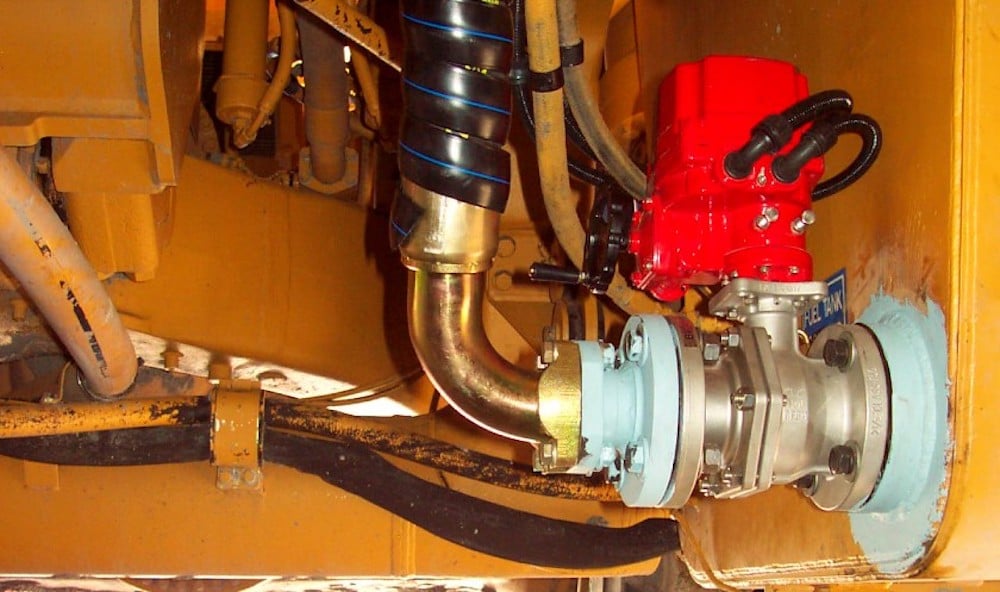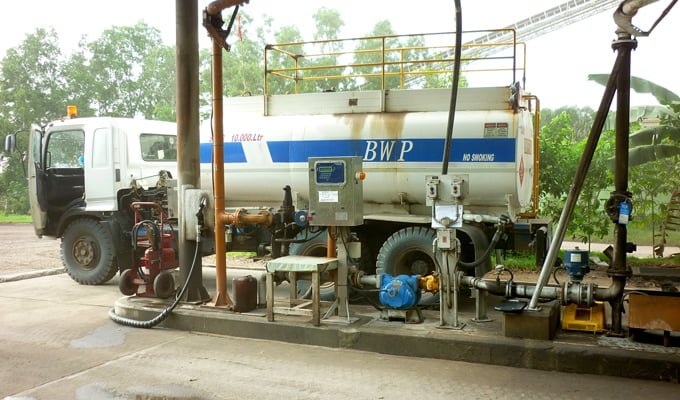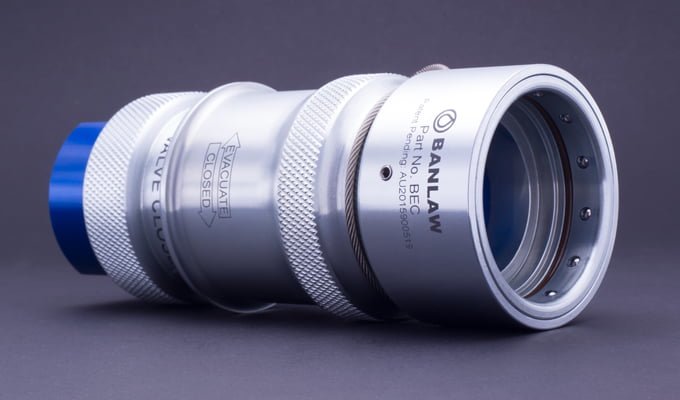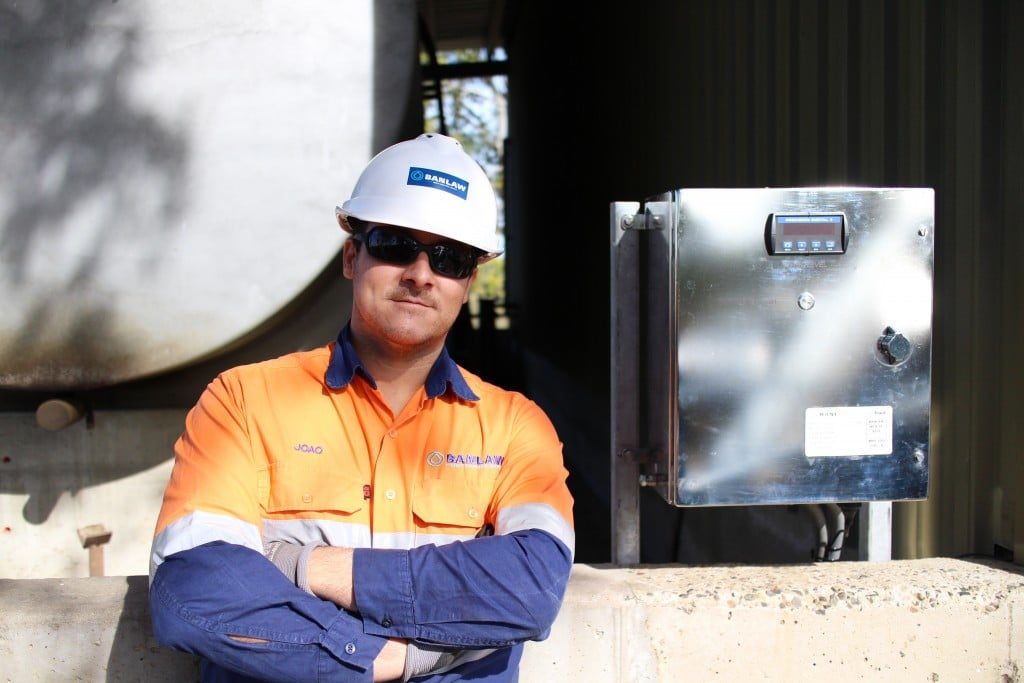Due to a series of recent fires on mine sites, we’ve decided to focus this article specifically on the fire risk associated with using fuels and oils in an industrial setting. Banlaw team members spend well over 100,000 hours a year designing, building and maintaining dry break fuel systems, processes, and infrastructure. Our service teams spend the majority of their hours on site, auditing fleets and facilities, training operators, delivering preventative maintenance, or analysing the data that’s been captured on mine sites to find improvements. We’ve seen pretty much every conceivable way that a fire can be caused in a fuel facility or on mobile plant. Below is what we’ve learned about avoiding fires over the last 37 years.
